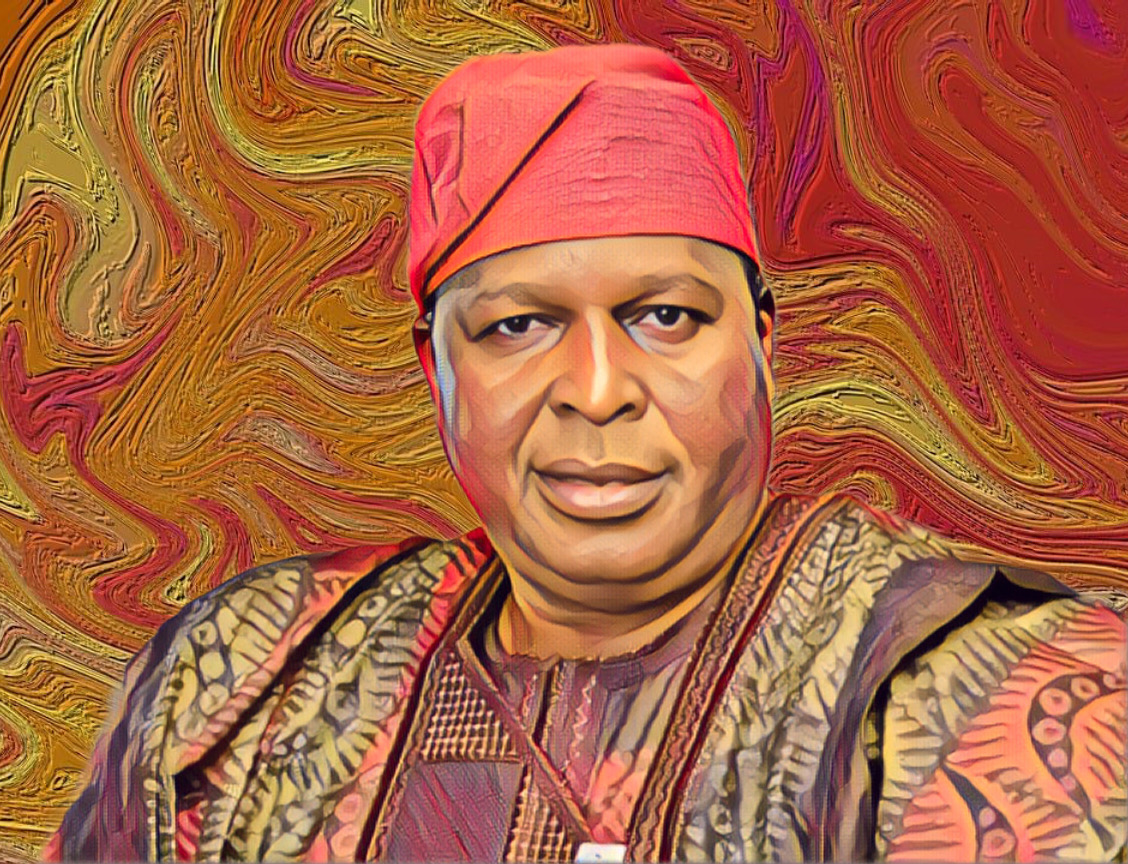In a striking turn from the 1970s, when one US dollar was worth less than one Nigerian naira, today’s exchange rate has alarmingly soared beyond 1,000 naira per US dollar. This drastic decline, initiated during the Structural Adjustment Programme era, has profoundly affected Nigeria’s socio-economic fabric and cultural values, necessitating a comprehensive re-evaluation of the nation’s core principles.
Once a bastion of strong economic performance, Nigeria’s currency commanded respect on the global stage, mirroring the nation’s positive attitudes and developmental aspirations. Agriculture and mineral exploration were the bedrock of this era, coupled with a strong work ethic and cultural pride. However, the current landscape tells a different story.
According to a report by This Day Live, a shift towards foreign goods and cultural practices has overshadowed Nigeria’s rich heritage, including the preference for imported fabrics and educational systems over traditional Nigerian counterparts.
The National Council for Arts and Culture (NCAC), under the leadership of Mr. Runsewe, is addressing this issue head-on. By promoting cultural programmes and harnessing local talents and skills, the NCAC aims to revitalize the cultural sector. Initiatives like the National Festival of Arts and Culture (NAFEST) and the International Arts and Crafts (INAC) Expo have trained over ten thousand Nigerians, especially focusing on women, youths, and the physically challenged.
Moreover, the NCAC’s international marketing efforts, including the theme “Networking Nigerian Crafts to the World,” target the diplomatic community to enhance global trade connections. This strategic approach aims not only to showcase Nigerian arts and crafts but also to meet international standards in design and production.
The cultural wonders of Nigeria’s 36 states and the Federal Capital Territory, ranging from the Zanna Cap of Borno to the Dada pottery of Kwara State, represent a wealth of opportunities for cultural branding and international marketing. Furthermore, Nigeria’s rich array of cultural festivals, such as the Eyo Masquerade and Argungun Fishing Festival, presents a lucrative avenue for tourism and cultural exposure.
As other nations like the USA and China have demonstrated, leveraging cultural strengths can significantly contribute to economic development. The NCAC’s efforts represent a crucial step in redirecting Nigeria towards a path of cultural appreciation and economic resilience, essential for the stability of the naira and overall national prosperity.


